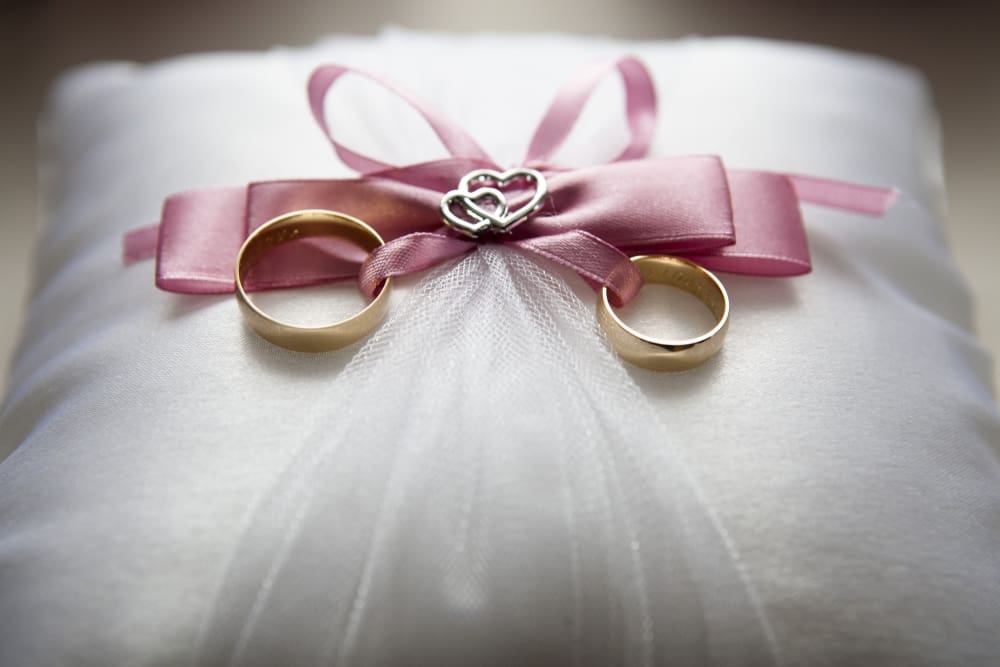Life Events
Major life events such as weddings, birthdays, graduations and funerals in the Netherlands each have their own customs, the events below are outlined according to tradition but it is important to remember that any family or individual may decide to mark these events in their own way.
Graduations
When a high school student has passed their final exams(geslaagd), people will celebrate this by hanging the school bag on a flagpole, with the national flag, outside their house.

Birthdays
Birthdays are considered a very important day in the Netherlands, family and friends will be invited to a party (by word of mouth, not by invitations). It is customary to not only say congratulations (gefeliciteerd!) to the birthday boy or girl, but also to all the other relatives and friends in the room. It is customary to give a wrapped present, and it will usually be unwrapped right away.
A typical birthday party might start with coffee and a slice of (store-bought) cake. After coffee, other beverages, such as soft drinks, wine, and beer are served, along with finger food.
At work, if it is your birthday, you can bring a cake or pie to share over coffee. If it is a childs birthday, they will treat everyone in class.
Turning 50 is considered a birthday milestone. When a man turns 50, it is said that he sees Abraham and when a women turns 50, she sees Sarah. If someone is turning 50, you will sometimes see a large inflatable Abraham or Sarah outside their home.
Don’t forget to buy a birthday calendar to remind you of all the birthdays. Traditionally, this is displayed on the wall in the bathroom!
Weddings
The average age of marriage in the Netherlands is after 30. It is quite common for couples to live together instead of getting married, or before they get married. If a couple choses to not get married, they can have a registered partnership (samenslevingcontract). Same-sex marriage has been allowed in the Netherlands since 2001, making it the first country in the world to legalize it!
When a couple decide to get married, the wedding is announced by a wedding invitation. The civil ceremony will normally be held in the city hall or a specific wedding-appointed location (trouwlocatie), usually with only family and a few close friends invited. The wedding ceremony may happen additionally in a church, if the couple is more religious, but it is the civil ceremony that is recognized as legal.
After the formalities, a dinner and party may follow for the guests that attended the ceremony.
Check out the government website for more information about making your relationship official in the Netherlands.

Funerals
When someone dies in the Netherlands, it is customary for family and close friends to receive a mourning card (rouwkaart) which arrives in a white envelope with a black boarder (rouwenvelop).
Traditionally, the next-of-kin will send an announcement to the local paper with details of when and where the funeral or cremation will take place. Sometimes, a notice will be placed in the newspaper by relatives or business associates. Before the service, there will be time to pay last respects and sign a book of condolences. After the service, guests can address the relatives with consolations, and coffee and cake will be served.
